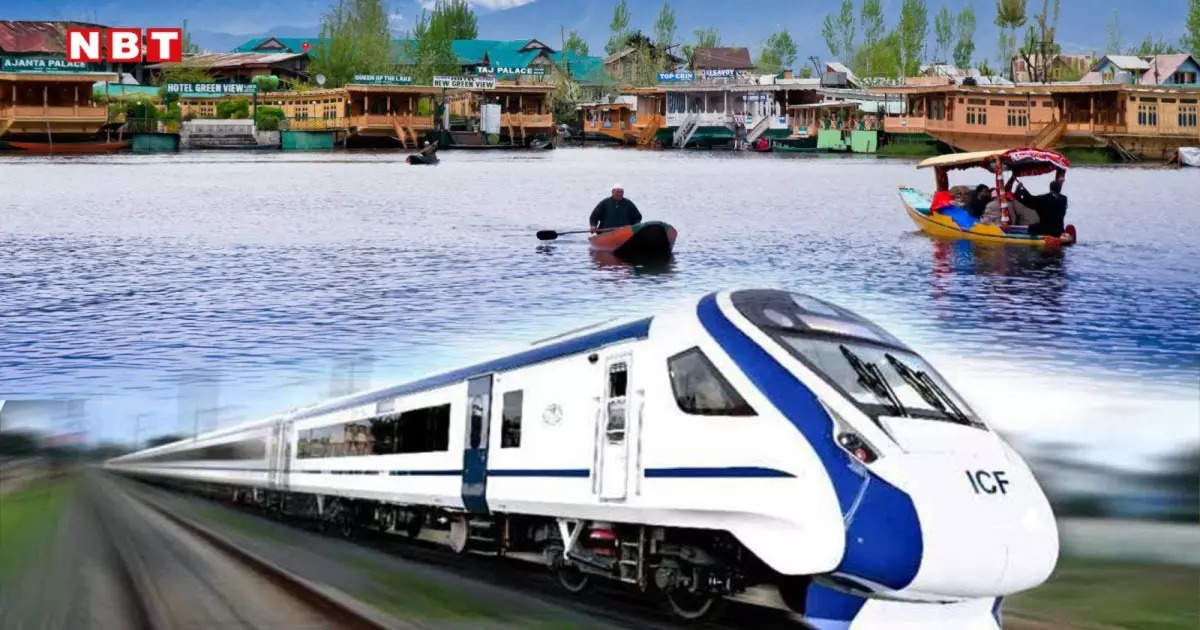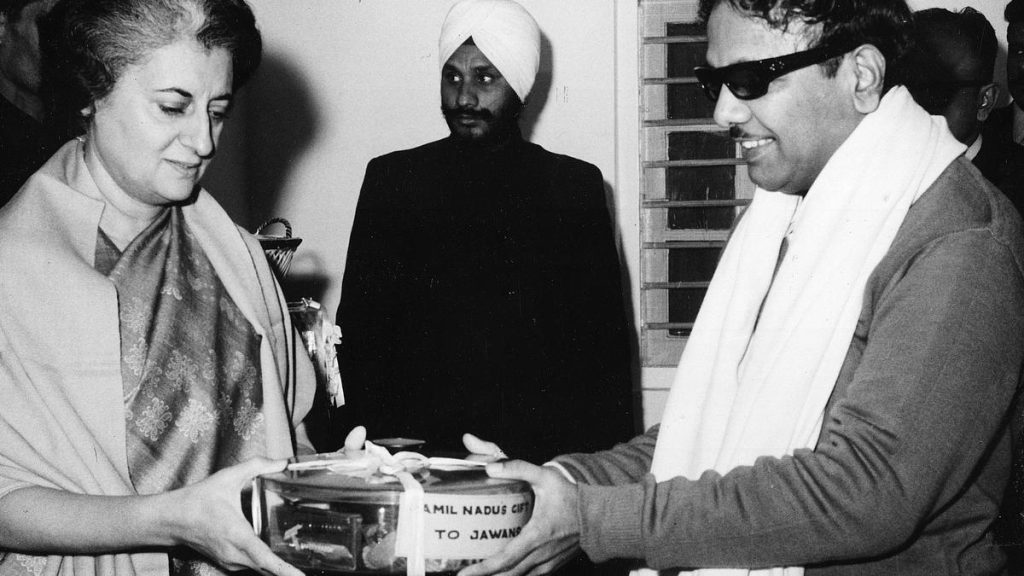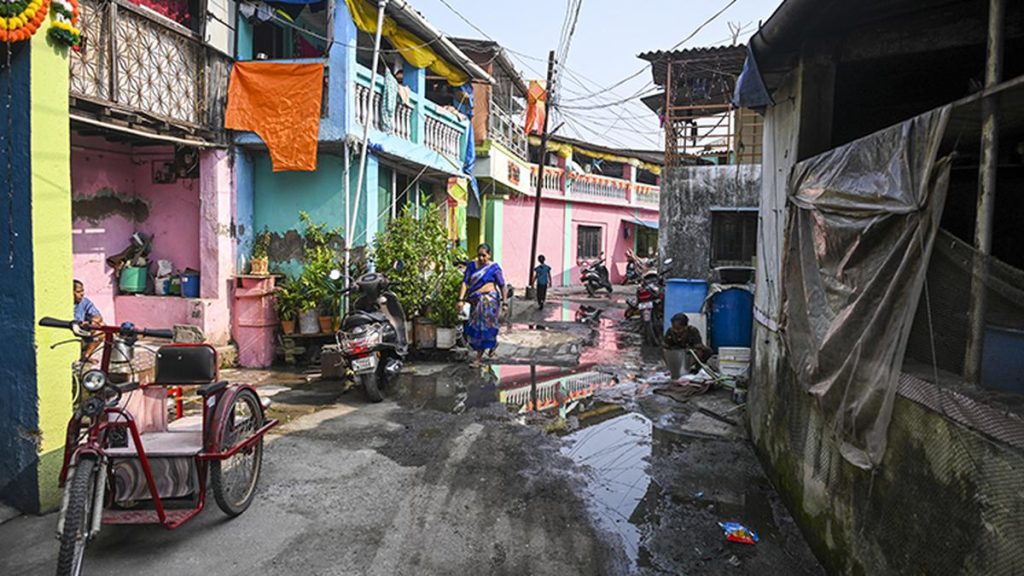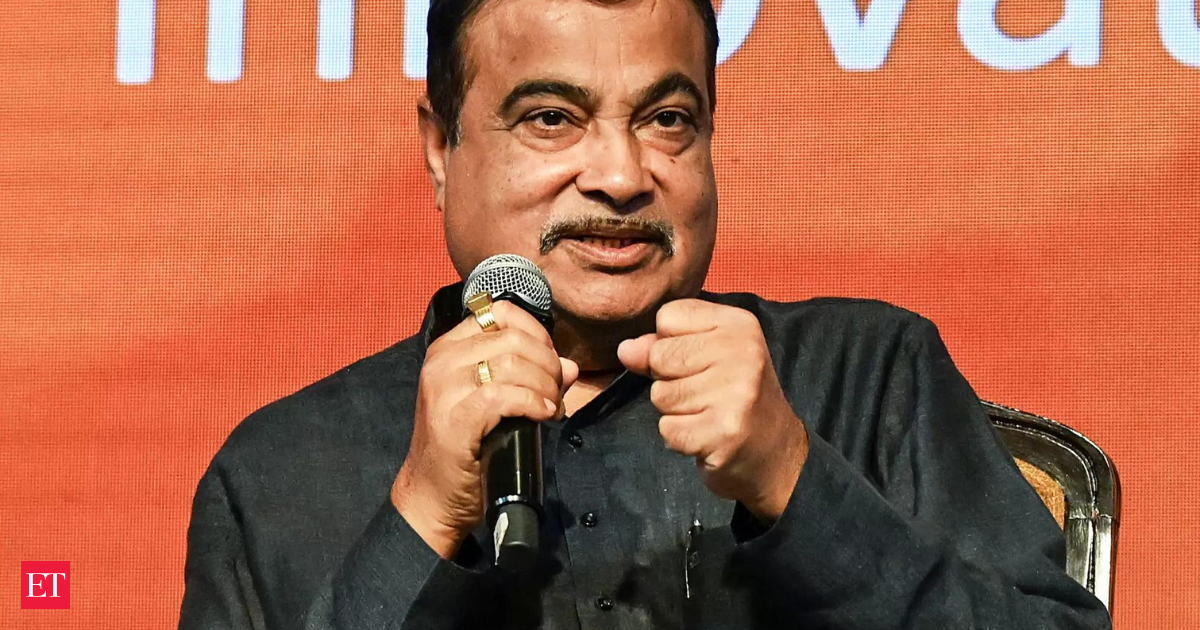Now Reading: Sure, please provide the existing headline you’d like me to revise
-
01
Sure, please provide the existing headline you’d like me to revise
Sure, please provide the existing headline you’d like me to revise

Fast Summary
- Vande Bharat Train Delay: The inaugural run of the first Vande Bharat Express train in kashmir between Katra and Srinagar has been postponed. Prime Minister Narendra modi was scheduled to inaugurate the train on April 19, but his visit to Kashmir has been delayed.
- Rail Connectivity Developments: The inauguration of the final section of the Udhampur-Srinagar-baramulla Rail Link (USBRL), including the Katra-Sangaldan stretch-spanning 272 km-was also postponed as part of PM Modi’s delayed visit.
- Engineering Highlights: The USBRL project includes notable structures like the Chenab Arch Bridge, which is the world’s tallest railway arch bridge, and India’s first cable-based railway bridge at Anji Khad.
- Trial Run Completed: A trial run for this rail service was conducted earlier on January 23 from Katra’s Vaishno Devi Railway Station to Srinagar railway Station.
- Train features: Convenient year-round travel with temperature-controlled coaches, reclining seats (180-degree swivel in executive class), onboard Wi-Fi, charging ports for devices, and enhanced safety features such as CCTV cameras and automatic doors.
- Travel Efficiency: Journey time will be reduced substantially from approximately six to seven hours by road to three hours via Vande Bharat Express.
Indian opinion Analysis
The postponement of Prime Minister Modi’s planned inauguration reflects how interconnected infrastructure growth timelines are with high-profile events. Although weather-related challenges have been cited for delaying his visit, it raises broader questions about logistical preparedness for such monumental projects. The Vande Bharat train is poised to transform connectivity between Katra and Srinagar by cutting travel times dramatically while offering modern amenities. This symbolizes India’s efforts toward integrating engineering marvels like Chenab Arch Bridge into its rail network.
While delays may temporarily impact local tourism tied directly to religious destinations like Vaishno Devi Shrine in Katra or scenic routes thru Kashmir’s valleys, long-term benefits seem ample. Improved connectivity may enhance economic activity and ease transit across far-flung regions. It is vital that proper management ensures smooth operations going forward without further disruptions so that public trust in aspiring infrastructure missions remains intact.

























